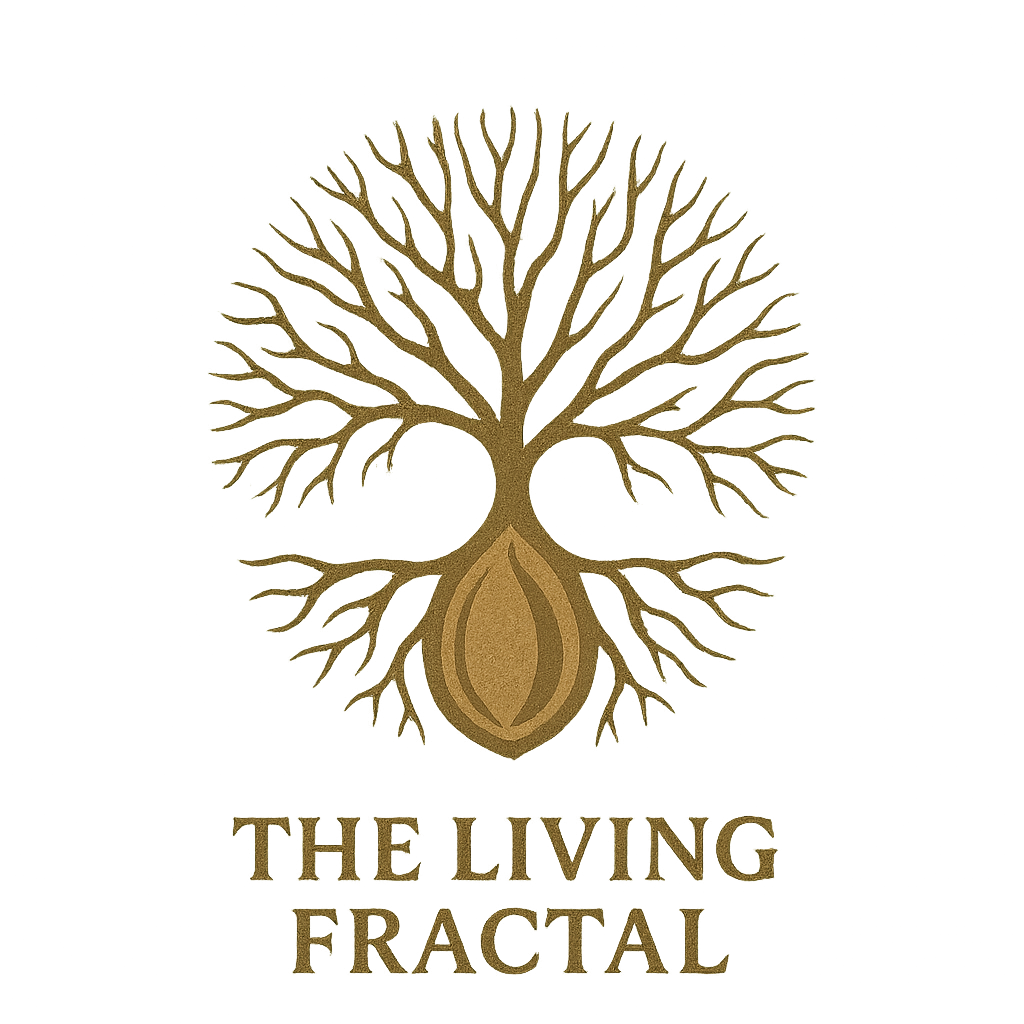Reclaiming Time, Body, and Sovereignty: Unraveling Colonial Trauma and the Great Reset

Published: June 26, 2025
Abstract
This article explores the deep entanglements between colonialism, patriarchy, capitalism, and modern identity through the lenses of time perception, relational trauma, feminine erasure, and systemic control. It proposes that key civilizational frameworks—linear time, standardized beauty, and institutional power—are not neutral but products of empire, designed to regulate bodies, sever ancestral knowledge, and perpetuate trauma-based social hierarchies. In examining these frameworks, we move toward reclaiming embodied sovereignty, relational truth, and cyclical temporality.
I. Introduction: The Crisis of Time, Power, and the Feminine
What timeline does your nervous system live on?
Linear time has become the dominant framework in modern society—a construct of progress, productivity, and predictability. But was this always the case? Increasing interdisciplinary research suggests that the imposition of linear time was a colonial mechanism of control—one that severed humans from cyclical rhythms of nature, the body, and community.
Embedded within this structure is a deeper trauma: the erasure of feminine, embodied, and intuitive wisdom that once grounded ancestral cultures across the globe. The so-called “Great Reset,” an economic and political restructuring led by global elites, is not simply a response to modern crises—it may represent the latest phase of empire’s adaptive control mechanisms.
II. Linear Time as Empire’s Invention
The Imposition of Linear Temporality
The development of linear time was critical to the functioning of colonial and capitalist systems. Clock-time enabled synchronization of labor, extraction of value, and standardization of human activity (Postone, 1993; Fabian, 1983). Pre-colonial societies, by contrast, often operated within cyclical, ritual-based, and lunar time frameworks that reflected the natural world and supported nervous system regulation.
The Colonial Assault on Time
Colonialism imposed calendars, bells, timetables, and education systems designed to “civilize” time and synchronize it with imperial rule (Bastian, 2012). This rewiring of temporality became a central feature of capitalist expansion, disciplining the body into efficiency and disembodiment.
III. The Great Reset: A Technocratic Evolution of Control
The World Economic Forum’s "Great Reset" presents itself as a progressive economic solution for a post-pandemic world. However, critics argue it represents a continuation of top-down governance, rooted in metrics, algorithms, and digital surveillance (Zuboff, 2019). While it promises equity and sustainability, it often excludes ancestral, relational, and feminine perspectives.
Its reassertion of centralized authority mirrors older imperial projects, but now dressed in technological clothing—suggesting that what is truly being “reset” is the capacity for grassroots, embodied, and decentralized forms of sovereignty.
IV. The Colonization of Language and the Body
Language is not neutral. Terms like “clean,” “fit,” “sexy,” or “civilized” have roots in colonial, patriarchal values that defined worth through control, whiteness, productivity, and submission. Feminine identity became scripted around subservience, sexual availability, and aesthetic performance (Bartky, 1990; Bordo, 1993).
Our nervous systems internalize these scripts, learning to fear shame and crave external validation. Feminine expression becomes performance: of beauty, of submission, of emotional labor.
V. Beauty Standards as Legacy of Concubinage and Empire
Modern beauty ideals—thin-but-curvy bodies, Eurocentric features, hairlessness—have roots in concubine systems and colonial hierarchies. These standards evolved to serve male entitlement and capitalist profitability. Feminine desirability became a transactional commodity, reinforcing trauma-based scripts of safety through submission.
True adornment, in many ancestral societies, was relational, hormonal, and seasonal—an embodied celebration, not a performance (Douglas, 1996). Decolonizing beauty means reclaiming adornment as sacred, expressive, and intuitive, not commodified.
VI. Naming Power: Who Defines Madness, Civilization, and Disorder?
The psychiatric naming of mental illness (e.g. in the DSM) often pathologizes trauma responses rooted in colonial violence. Indigenous grief rituals, trance states, or menstrual ceremonies were labeled “madness,” “witchcraft,” or “primitive” by colonizers (Foucault, 1973; Davis, 1981).
Similarly, civilization itself was defined by conquest and erasure. Oral cultures, matrilineal societies, and animist traditions were dismissed as “barbaric” — despite their relational and ecological sophistication.
VII. Relational Trauma and the Clash of Masculine & Feminine Wounds
Men and women today are more legally free than ever before—yet psychologically and somatically, ancestral patterns persist. Men often reenact dominance or emotional repression as inherited survival mechanisms. Women may perform desirability as a form of safety, rooted in concubine and domestic servitude roles.
These loops create friction:
- Men seek connection but are conditioned for conquest.
- Women seek sovereignty but are conditioned for submission.
Recognizing these scripts is the first step to interrupting them.
VIII. Conclusion: Reclaiming Sovereignty, Embodiment, and Sacred Time
Empire never ended—it simply changed its tools and stories. Today’s technocratic systems, medical models, and capitalist logics continue to operate on the nervous systems of billions, enforcing control through time, language, aesthetics, and emotion.
But a shift is emerging.
The return of the feminine principle—cyclical time, intuitive knowledge, body-based truth—is rising not just as inclusion but as foundation. To reclaim our sovereignty is not to return to the past but to remember the whole body, the whole story, the whole truth.
The future is not a reset. It is a re-birth.
References (To Be Filled)
- Bartky, S. (1990). Femininity and Domination: Studies in the Phenomenology of Oppression.
- Bordo, S. (1993). Unbearable Weight: Feminism, Western Culture, and the Body.
- Fabian, J. (1983). Time and the Other: How Anthropology Makes Its Object.
- Postone, M. (1993). Time, Labor, and Social Domination.
- Zuboff, S. (2019). The Age of Surveillance Capitalism.
- Davis, A. (1981). Women, Race, & Class.
- Foucault, M. (1973). Madness and Civilization.
- Douglas, M. (1996). Purity and Danger: An Analysis of Concepts of Pollution and Taboo.




